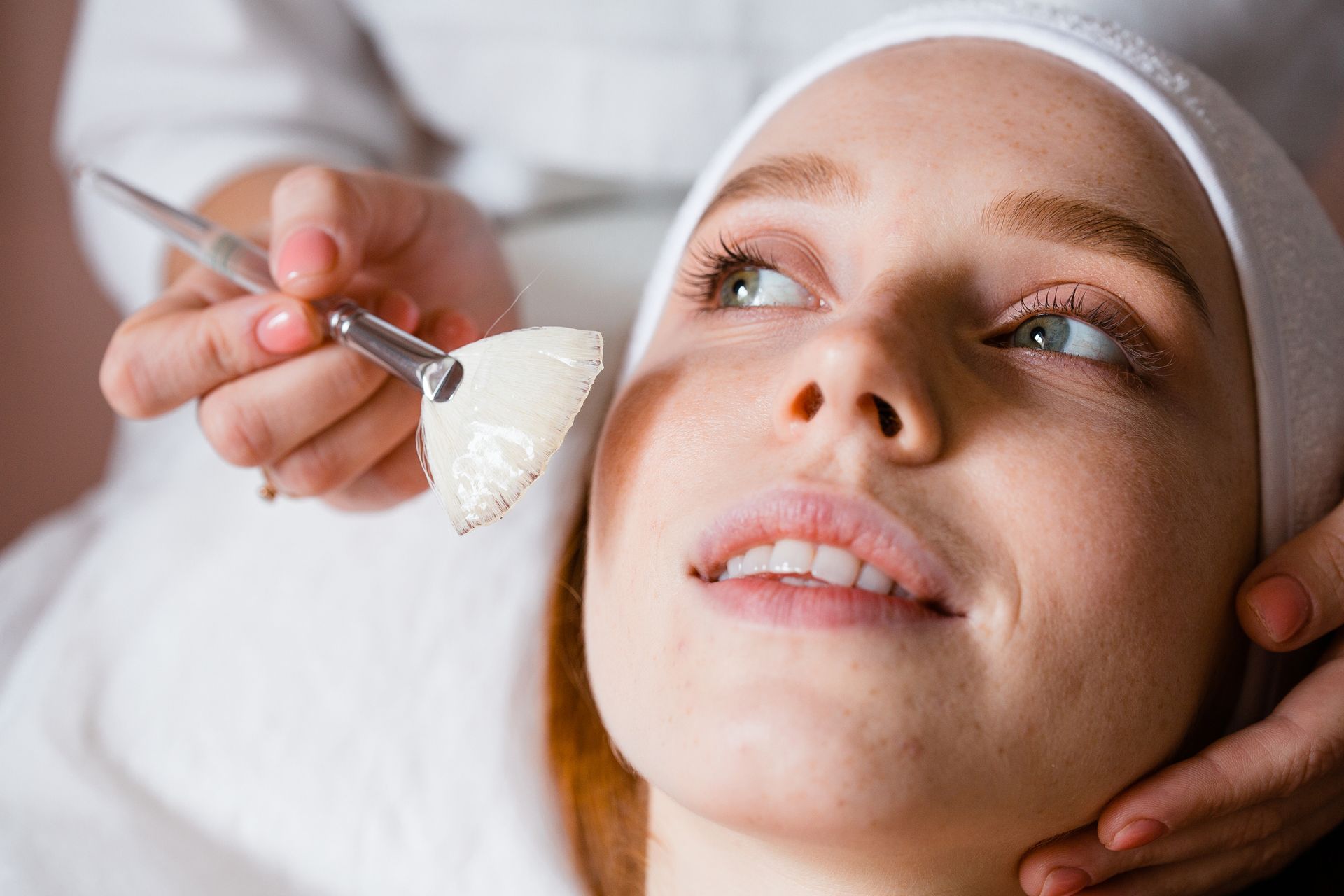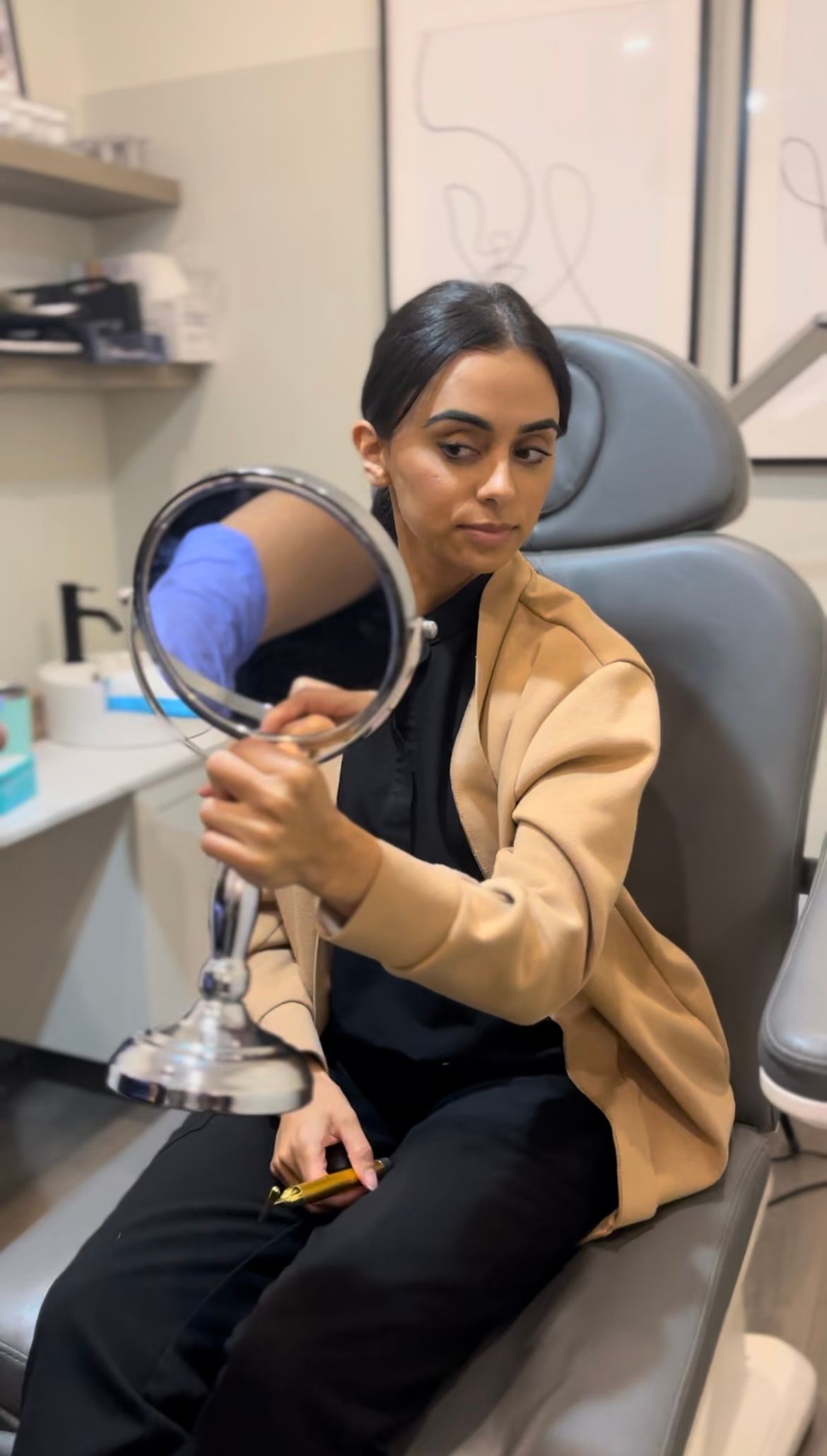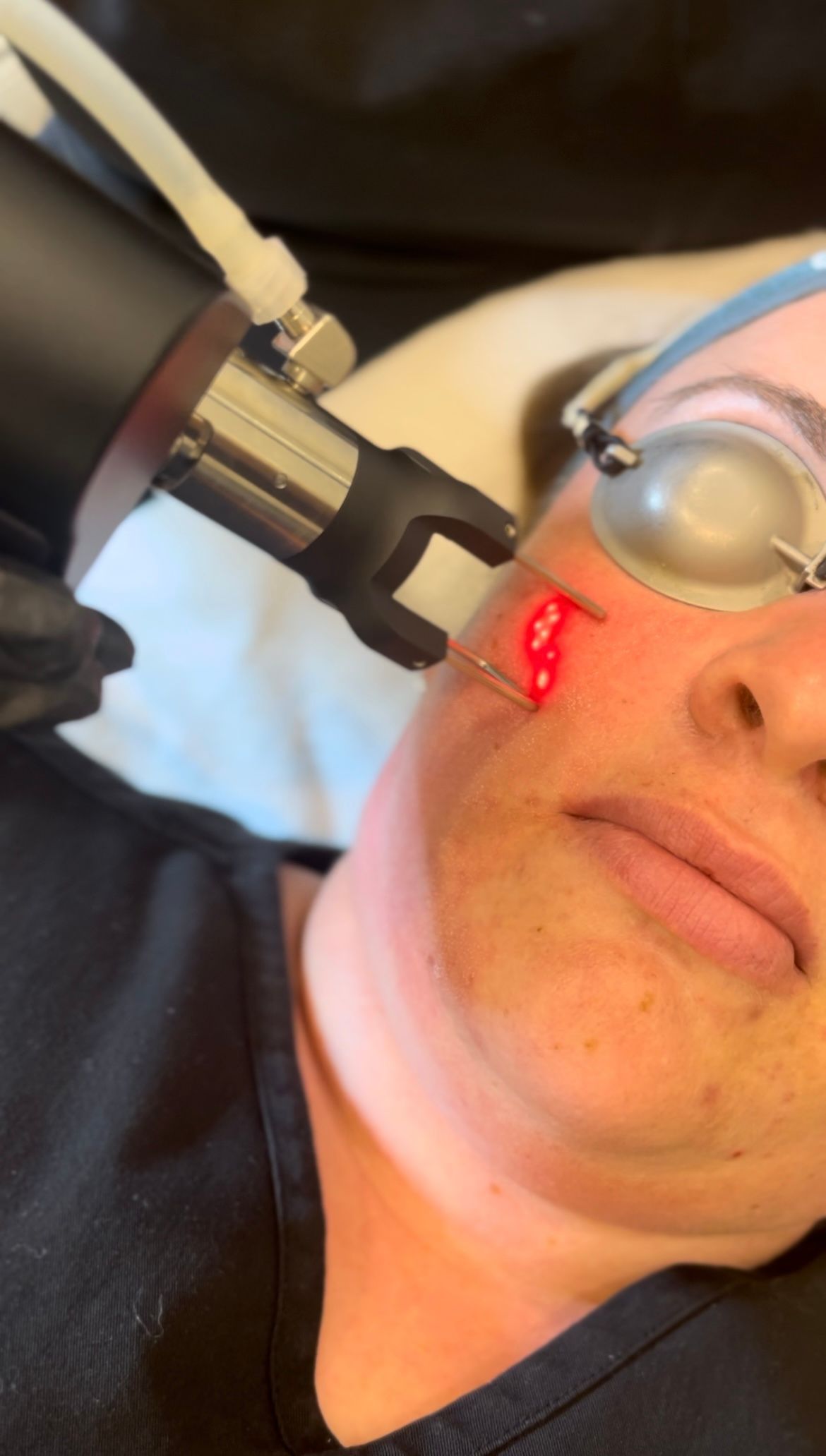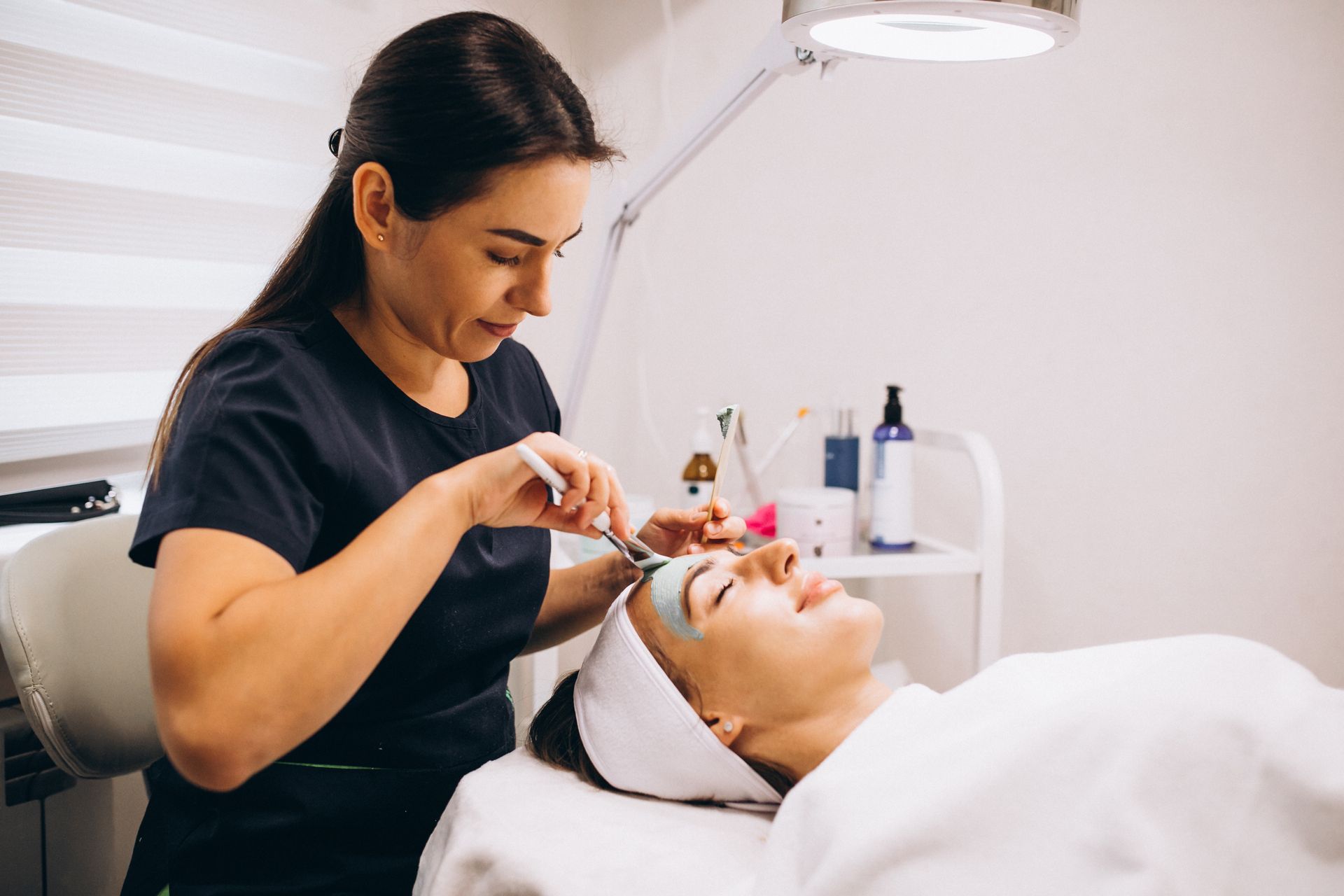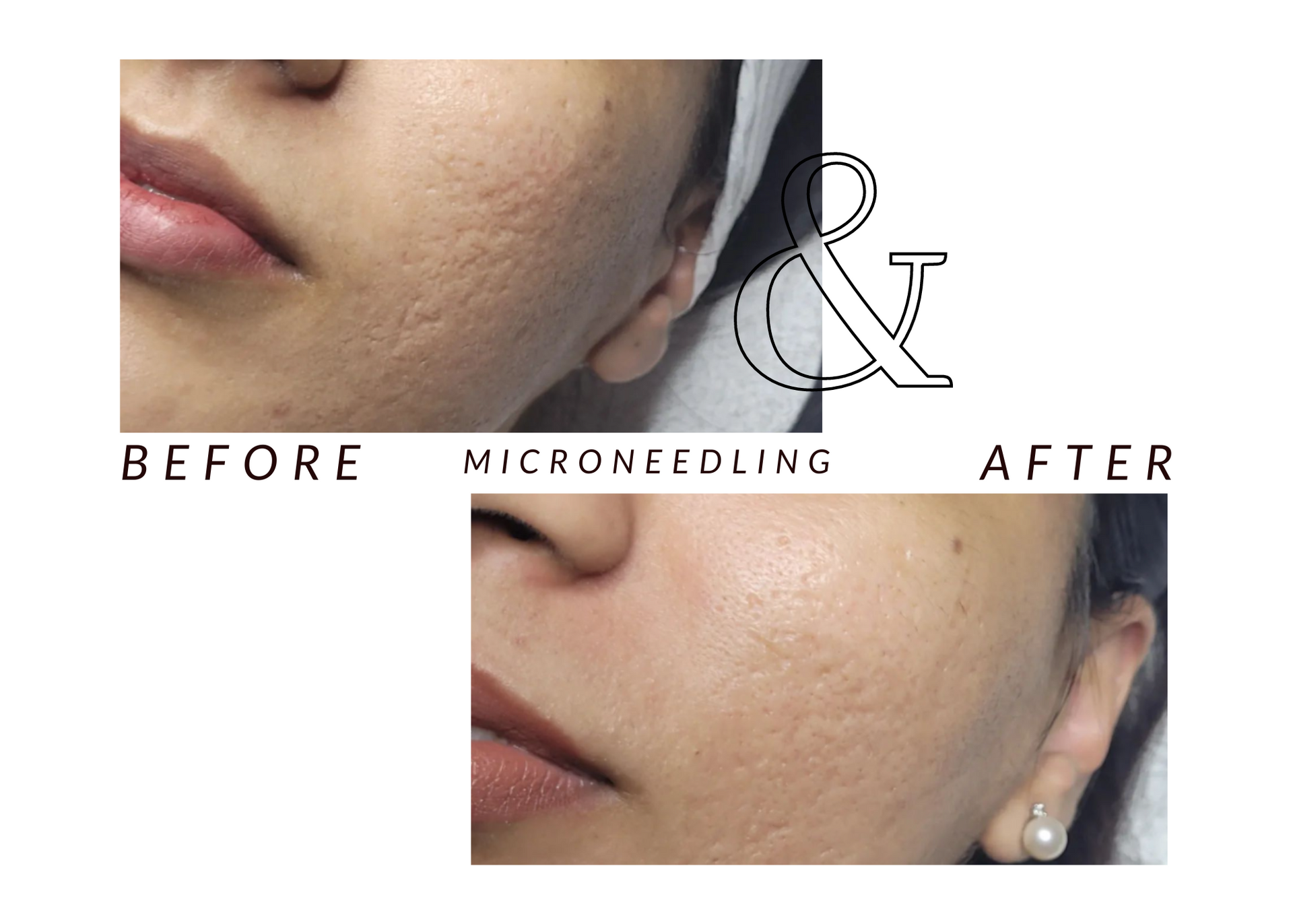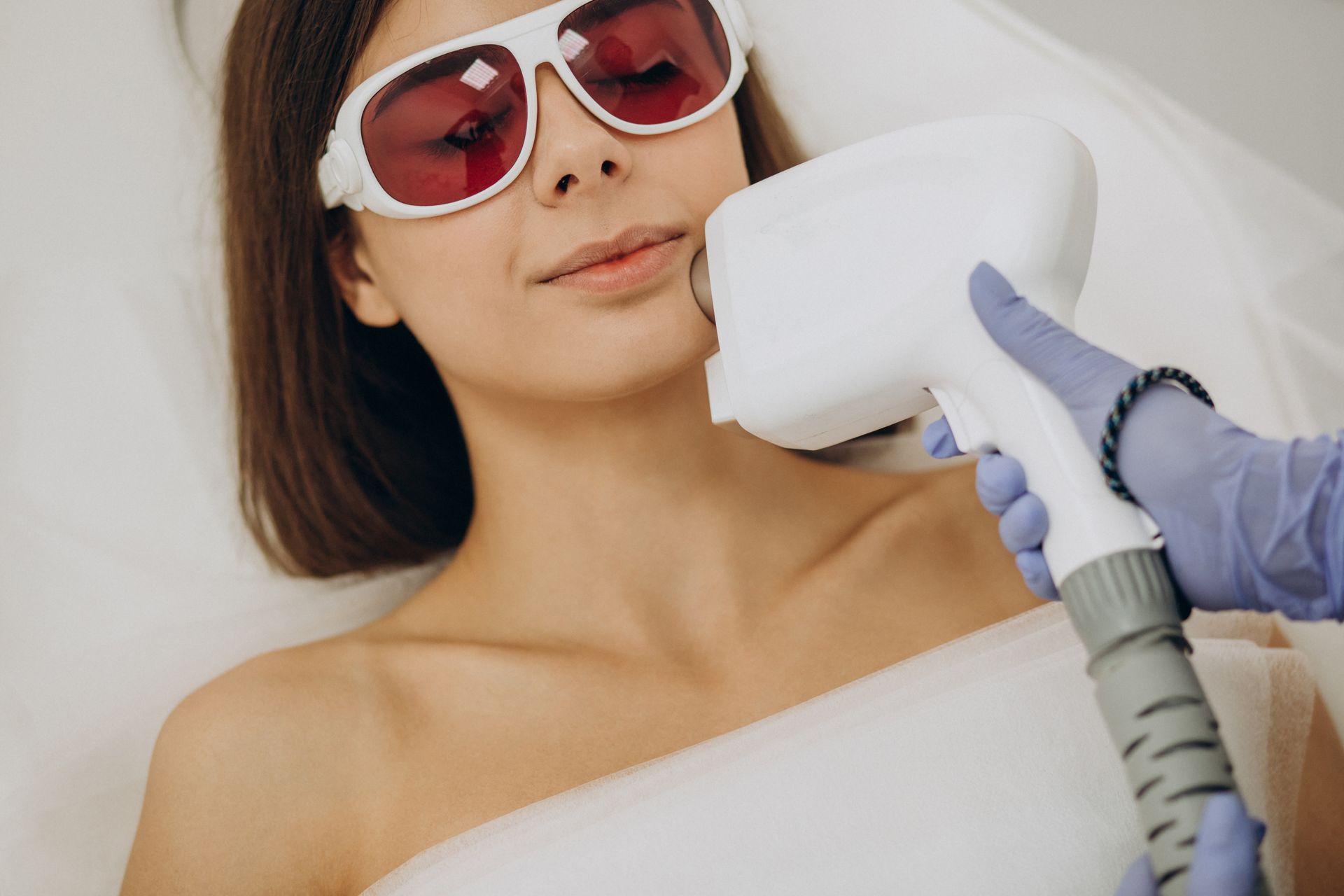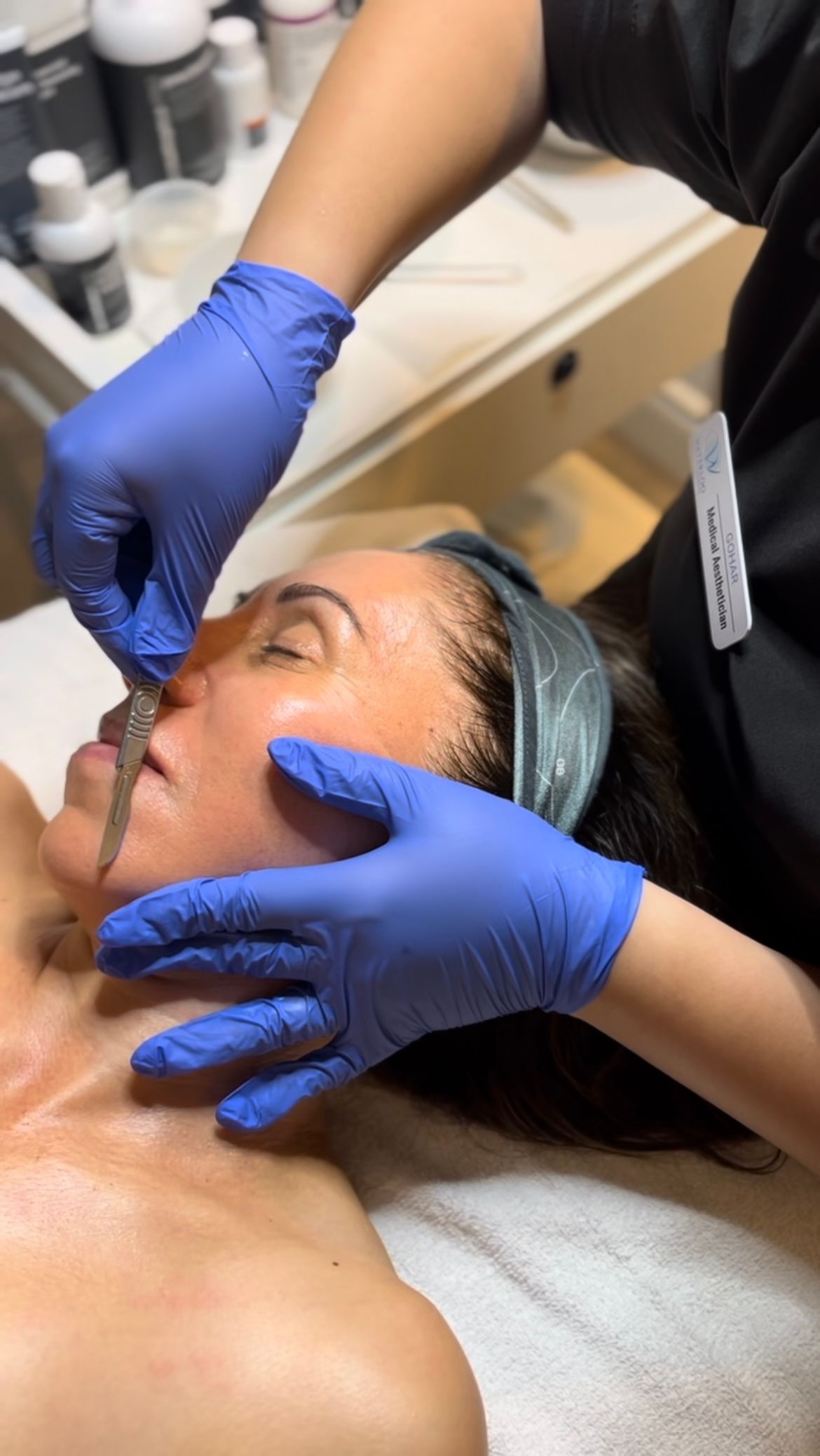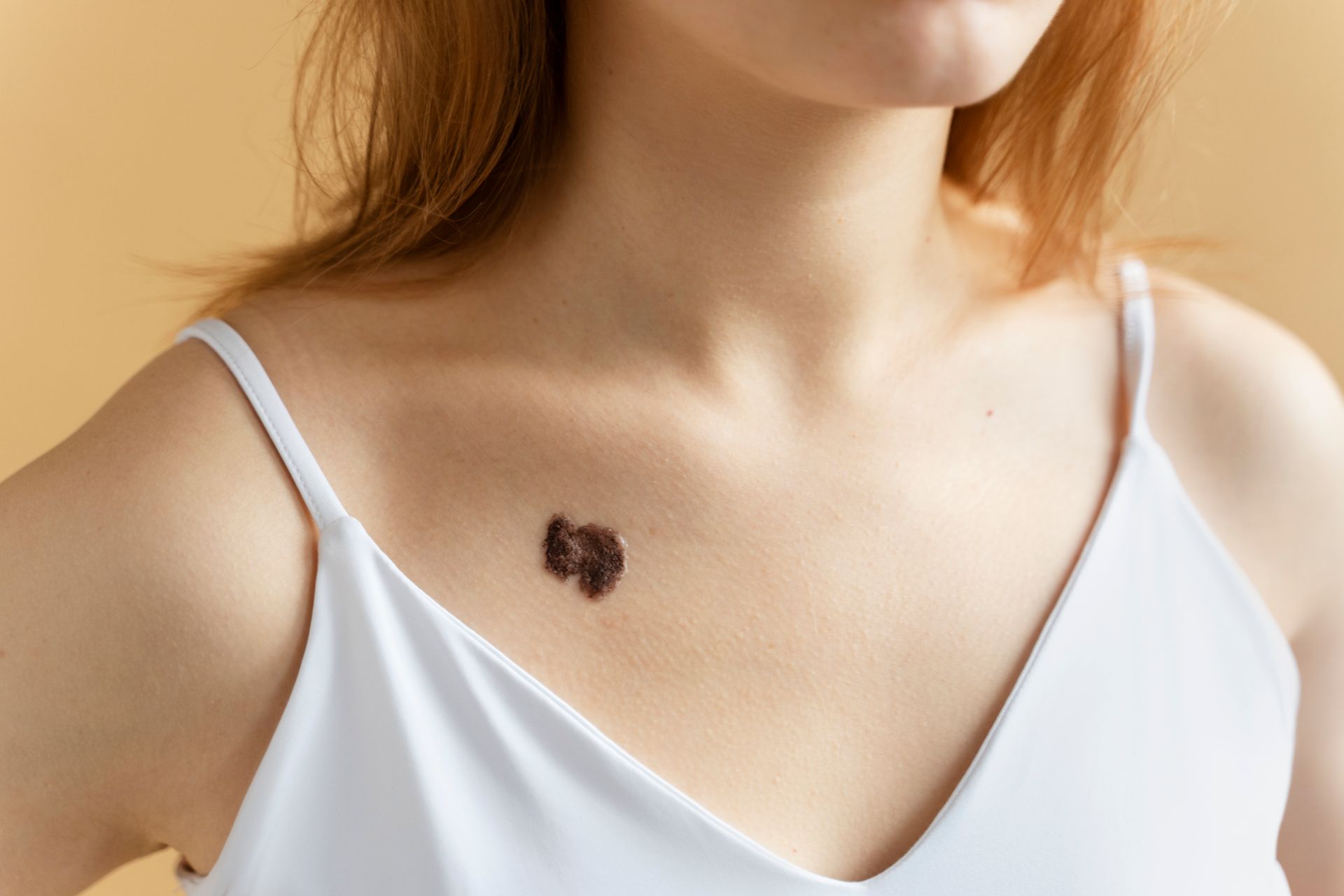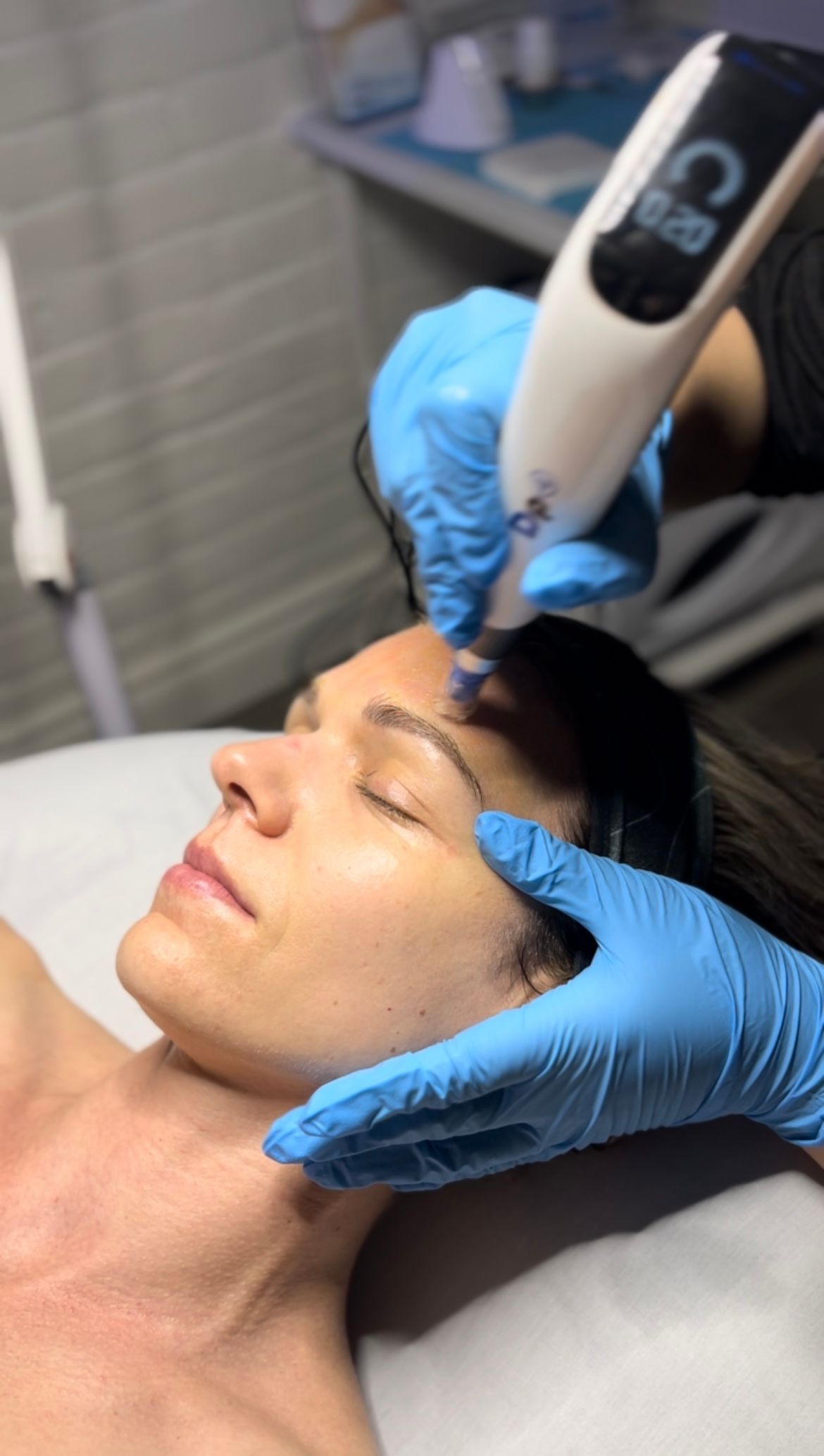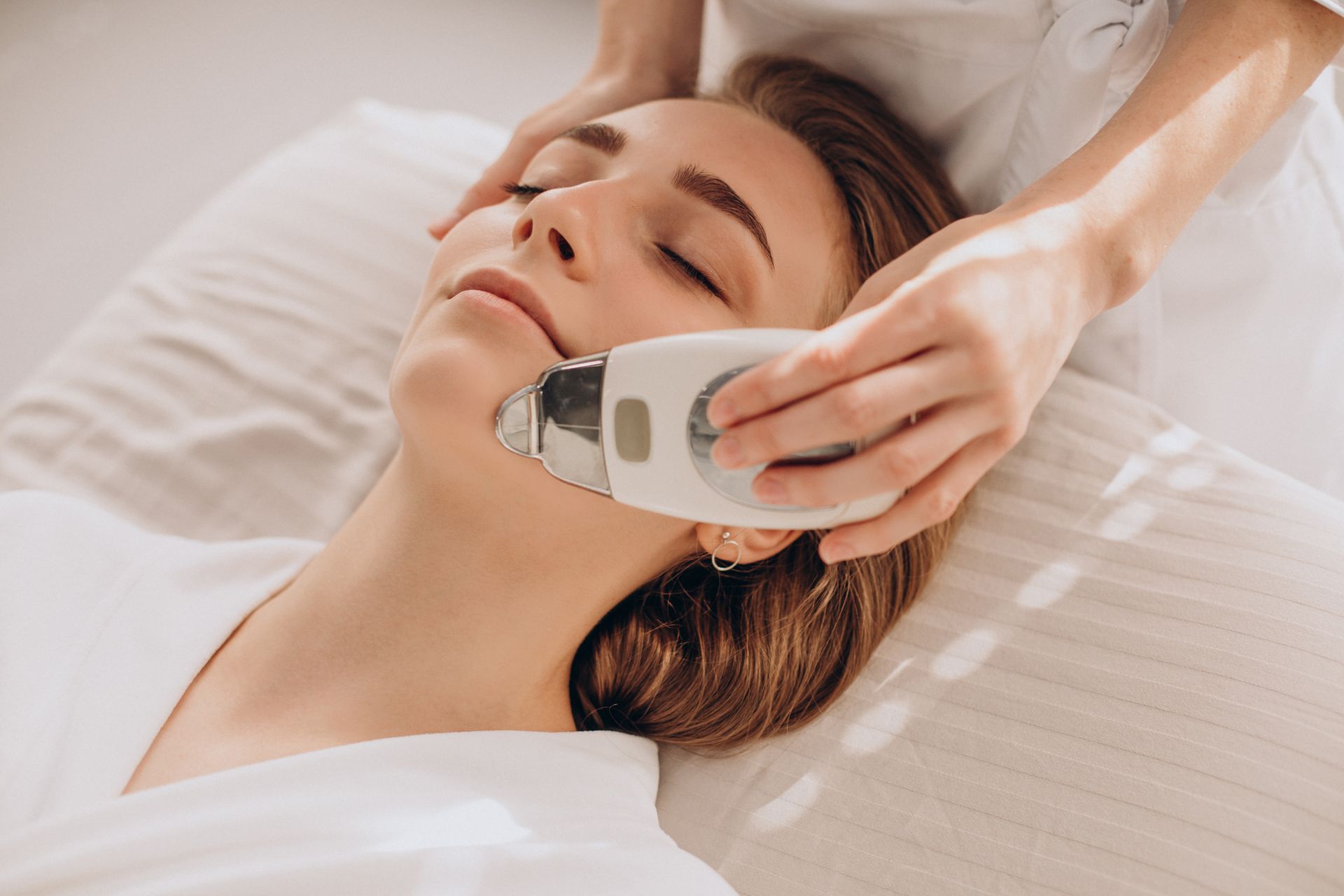Get In Touch
Call: (226) 476-4367
Text: 226-243-5439
Address: 4 King Street South, Waterloo, Ontario N2J 1N8, Canada
Business Hours
- Monday
- -
- Tuesday
- -
- Wednesday
- -
- Thu - Fri
- -
- Saturday
- -
- Sunday
- Closed
Contact Us
Address
4 King Street South, Waterloo, Ontario N2J 1N8, Canada
Phone
Call: (226) 476-4367
Text: 226-243-5439
Business Hours
- Monday
- -
- Tuesday
- -
- Wednesday
- -
- Thu - Fri
- -
- Saturday
- -
- Sunday
- Closed
*Please note that individual results from our services and treatments may vary.
Quick Links
© 2025
Waterloo Medical Cosmetics


